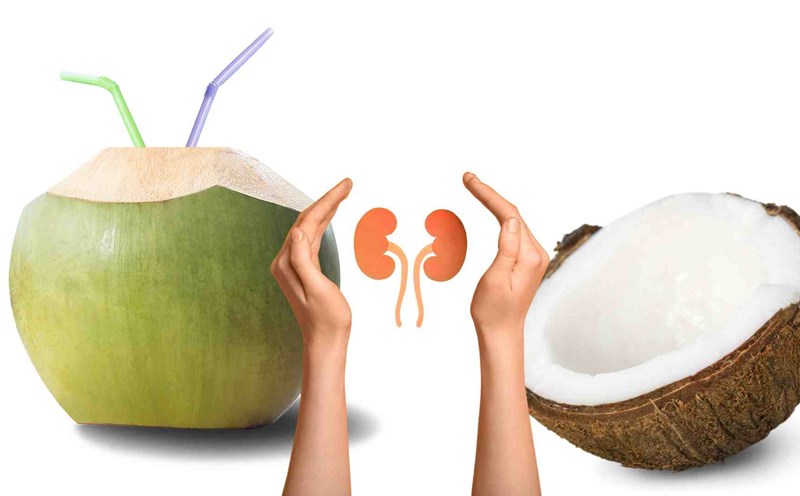Chia seeds are increasingly popular in the diet thanks to their rich fiber, protein, omega-3, magnesium and many essential micronutrients.
According to nutritionists, the kidneys are the organs that take on the role of blood filtration, detoxification and mineral balance in the body. Some studies show that omega-3 and antioxidants in chia seeds can help reduce inflammation, helping to protect kidney cells from damage caused by oxidative stress.
Dr. Sharon Bergquist, clinical nutritionist at Emory University (USA), commented: "Shea seeds are a source of healthy fatty acids and important minerals such as magnesium and phosphorus. When used in moderation, they can help improve blood filtration function and maintain stable blood pressure, a key factor in kidney protection".
To take advantage of this benefit, experts recommend eating chia seeds in the form of soaked in water for 1530 minutes. This makes the seeds easier to digest, limits the risk of intestinal discomfort and helps the body absorb nutrients better. Adults can use about 12 tablespoons (equivalent to 1530g) per day, mixed with yogurt, smoothies, oatmeal or salad.
However, patients with chronic kidney disease or patients who are limiting potassium and phosphorus should consult a doctor before supplementing, because chia seeds have a fairly high content of these minerals. In addition, you need to drink enough water to avoid constipation or blockage of the digestive tract.
Chia seeds are not a medicine, but if properly combined with a balanced diet, low in salt and a healthy lifestyle, this type of seed can become a small assistant in taking care of kidney health.











